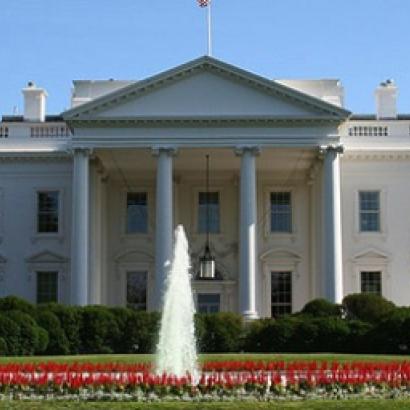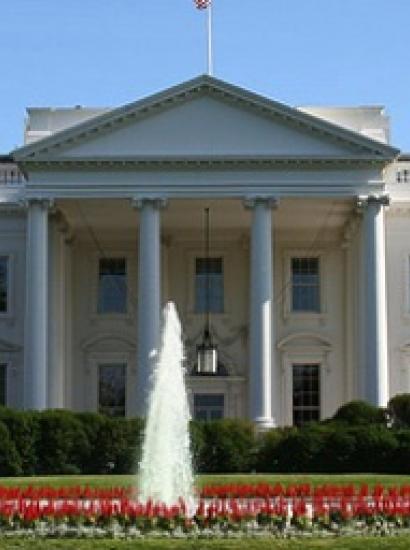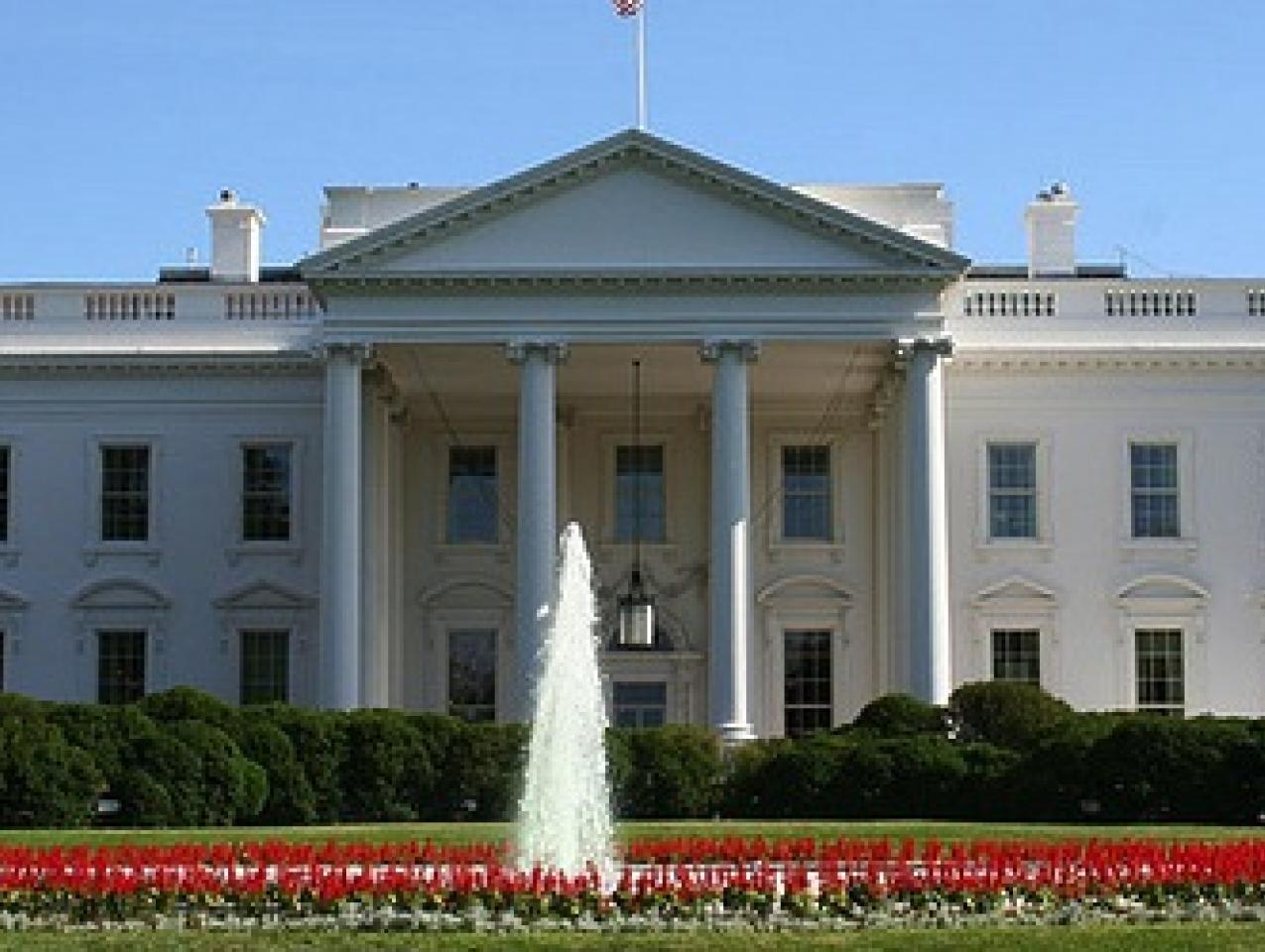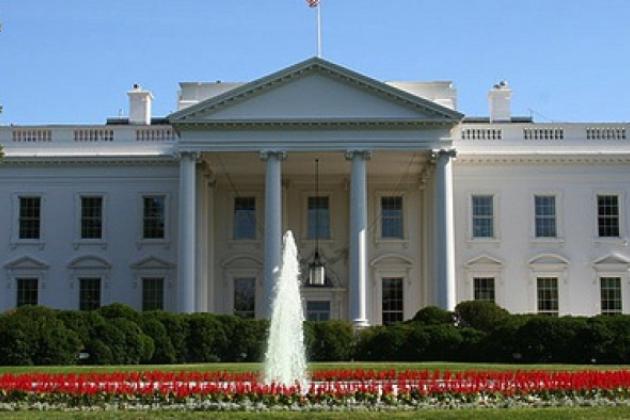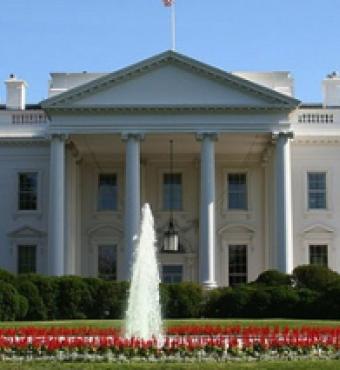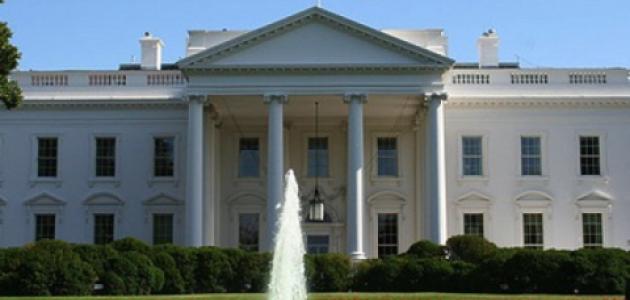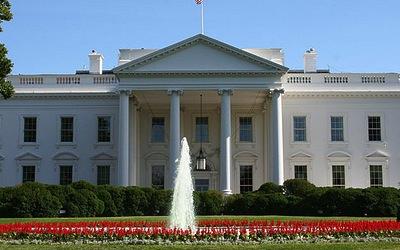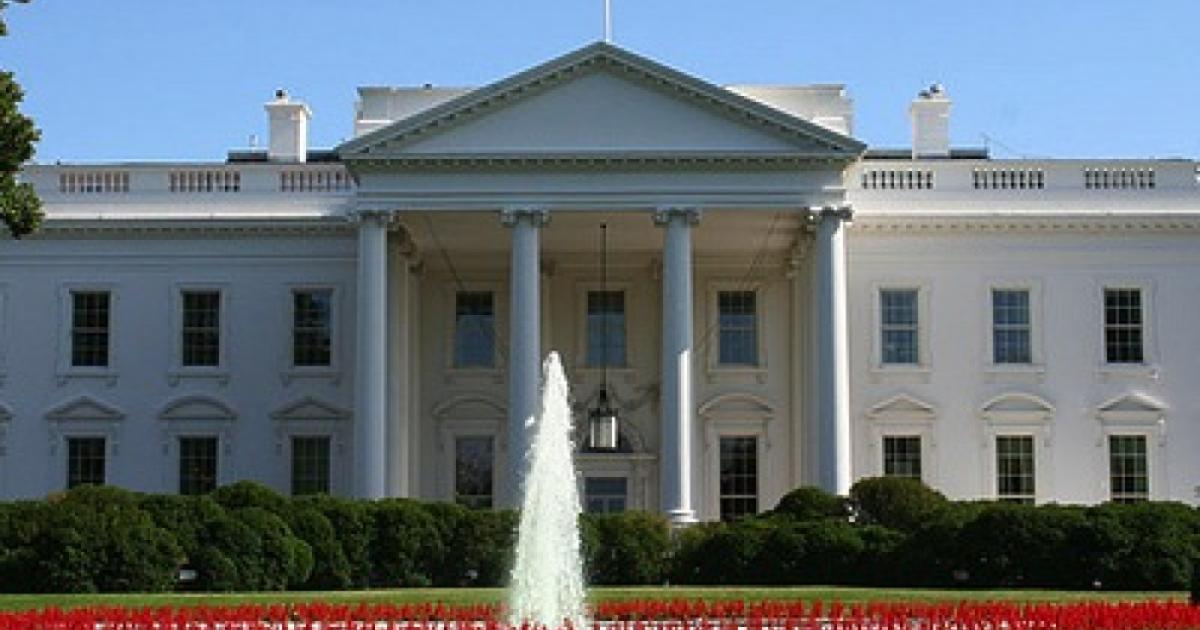- Economics
- Law & Policy
- Regulation & Property Rights
- Politics, Institutions, and Public Opinion
The recent jobs report—a paltry 114,000 jobs created in September, 17 million Americans unemployed or underemployed, and the unemployment rate at 7.8 percent—reflects poorly on President Obama’s management of the economy. Of course, that hasn’t stopped prominent Democrats from whistling past the graveyard: At the nominating convention in Charlotte, Joe Biden, from his usual perch in a parallel universe, claimed, “America has turned the corner.” Ah, well, I guess in politics you play the hand you’re dealt.
Economic prospects are dismal. Recent data from the Economic Policy Institute show that the inflation-adjusted hourly wage of college-educated Americans aged 23 to 29 dropped about 4.7 percent from 2007 to 2011. Even among those who remain employed, a whole generation of workers will spend decades trying to recoup those lost earnings.
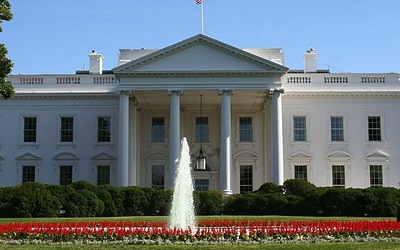
Photo credit: U.S. Embassy Jakarta, Indonesia
Moreover, the outlook for growth in the U.S. economy looks weaker now than it did three months ago, according to a survey of 48 professional forecasters by the Federal Reserve Bank of Philadelphia released in August. According to the results of the survey, the experts predicted “real GDP to grow at an annual rate of 1.6 percent this quarter, down from the previous estimate of 2.5 percent,” and “over the next three quarters, they expect GDP growth to average 2.1 percent.”
Why Has The Recession Dragged On?
It wasn’t just bad luck that caused this to happen on Obama’s watch. A report from the World Economic Forum offers some insight into the reasons for our dire economic straights, highlighting the administration’s shortcomings: the erosion of transparency in government, wasteful spending, burdensome regulation, and waning trust in the integrity of the public sector.
Following recessions, especially one as deep and prolonged as our recent one, the economy usually comes roaring back, but Obama’s policies have prevented that recovery, and they will further dampen economic growth going forward. A recovering economy can only create private sector jobs if it engenders confidence and encourages innovation and the creation of wealth. Obama’s appointments, policies, and decisions often have done exactly the opposite. But instead of owning up to his decisions and learning from his failures, the president has denied responsibility and doubled down on flawed policies.
Obama’s attempts to increase taxes, for example, discourage businesses from expanding and deter consumers from spending. Many taxpayers already feel that taxes are extortionate and, fearing of even higher levies, have withheld their spending, thereby reducing demand for goods and services.
In addition, there have been recent “hidden” tax increases such as burgeoning "user fees" on drugs, biologics, medical devices, and food—the purpose of them being to get regulators to do their jobs. There is also a potentially catastrophic 2.3 percent excise tax on medical devices. This excise tax is particularly pernicious because it is exacted not on profits but on revenues. It could jeopardize the very existence of start-up entities that are not yet realizing profits or companies that work on very thin margins.
At least part of these taxes will inevitably be passed along as higher prices to consumers, who then will have less disposable income. This scenario is one of many that give the lie to Obama’s promise not to increase taxes on individuals who make less than $200,000 a year.
Moreover, as entrepreneurs point out, the true economic cost of a tax must include the inhibition of innovation. Similarly, new regulations that impose compliance requirements and punishments for failure to comply entail administrative and other costs related to compliance risk because every additional regulatory requirement that is imposed increases the effective cost of capital to the enterprise, which raises its “hurdle rate” return (the rate of return that a proposed project must provide if it is to be worth pursuing). That makes fewer wealth-creating projects worth pursuing.
We should not be surprised by the president’s approach to governance. Since his campaigning in 2008, Obama has admitted on a number of occasions that higher taxes on the wealthy are more about "fairness" than actually improving the nation's finances.
Regulations Galore
In addition to the redistribution of wealth, stultifying, job-killing regulation has been a hallmark of the Obama administration. Compared with George W. Bush's first term, the Obama administration has finalized roughly 30 more “economically significant” regulations—those with impacts of $100 million or more.
There are many others on the way: According to an analysis performed at the George Washington University Regulatory Studies Center, fully a third of the final major rules with private sector impacts have been postponed. The government’s spring 2012 “Unified Agenda of Federal Regulatory and Deregulatory Actions”—which provides a preview of OMB planning for the coming year—has still not been published.
Such an unprecedented delay refutes this administration’s claims of greater transparency and instead reveals an effort to hide what Sen. Rob Portman (R-Ohio) has characterized as the “regulatory cliff” facing the economy if there is a second Obama Administration. Portman cites a broad spectrum of dubious financial, environmental, and consumer-product regulations in the pipeline that will cost consumers tens of billions of dollars.
White House Meddling
Another egregious example of the arrogance, micro-managing, and disdain for due process that typifies the Obama administration is the usurpation by the White House of a regulatory decision on a genetically engineered, fast-maturing Atlantic salmon that should have been made by the Food and Drug Administration. The genetic change confers no detectable difference in the appearance, ultimate size, taste, or nutritional value of the salmon; it just grows faster, a tremendous economic advantage to those farming the fish in a closed water system—and to consumers, who will be able to take advantage of greater supply and lower prices. Lower-priced salmon would be a boon for consumers seeking low-fat and affordable options for protein sources, especially in the face of years of high food-price inflation and the obesity epidemic.
After more than a decade of floundering over how to review this fish, in 2008, the FDA's Center for Veterinary Medicine chose to subject every genetically engineered animal intended for food to the same pre-market approval procedures and regulations as drugs such as pain relievers and anti-flea medicines used to treat animal diseases.
The FDA's exhaustive (and unnecessary) analysis, which required several additional years, concluded that the salmon has no detectable differences and that it “is as safe as food from conventional Atlantic salmon.” And because the stock of fish will include only sterile females and be farmed inland, there is negligible likelihood of any sort of “genetic contamination” of the gene pool or other environmental effects. (Even in a worst-case scenario, these fish would compete poorly in the wild.)
When the FDA seemed finally ready to approve the salmon—more than a decade after it should have—the decision was mysteriously expropriated by the White House.
Although a president is responsible for directing policy at federal agencies, the White House’s decision is unconscionable, especially if, as seems to be the case, it was motivated by pre-election pandering to certain interest groups—namely, radical food and environmental activists. This is the sort of review and approval that would, after all, be normally delegated to an organizational level far below the FDA agency head—and certainly would not ordinarily make it to the White House.
This eleventh-hour interference with the marketing approval of the flagship product of a small company has exerted a chilling effect on an entire previously promising biotechnology sector.
Another example of the Obama administration’s political pandering is the deafening silence about an unscientific, deceptive, unconstitutional California ballot initiative, Proposition 37, which would require the labeling of certain “genetically engineered” foods. This scheme, which was hatched by trial lawyers hoping for a windfall if it becomes law, fails every test: scientific, economic, legal, and common sense. It misleads consumers, creates a new bureaucracy, has huge loopholes and hidden costs, and will result in higher grocery bills.
Moreover, even if Prop. 37 were to pass, it is unlikely to withstand legal challenges for at least two reasons.
First, federal law preempts state labeling rules that conflict with FDA policy. Just last year, a federal court in Los Angeles ruled that a California requirement to label genetically engineered foods “would impose a requirement that is not identical to federal law” and would therefore be preempted.
Second, and more fundamentally, the U.S. Second Circuit Court of Appeals ruled over a decade ago that labeling mandates based solely on an alleged consumers’ “right to know,” rather than on a product’s measurable characteristics, violate the U.S. Constitution’s First Amendment guarantees of commercial free speech.
If Prop. 37 were to pass, the state would be compelled to spend years and tens of millions of taxpayer dollars to defend in federal courts a law that eventually will be overturned.
According to a former Obama administration senior official, the White House “is aware of Prop. 37 (and the problems associated with it). But their approach is to wait and see what happens in the election.” Why would they remain silent in the face of this unscientific, anti-social, unconstitutional state measure? “Pre-empting Prop. 37 now will cost votes in California, but gain few, if any,” the former official said.
The state of American governance is a somber reminder that elections have consequences, which can be seen to include abject failures of policy-making, transparency, and leadership. Nevertheless, the president insists we are on the right track, that he has been a responsible steward of our economy, and that his policies have in no way caused the nation’s miasma. Along with Vice-President Joe Biden and Rep. Nancy Pelosi (D-Calif.), he seems to inhabit a parallel universe.








